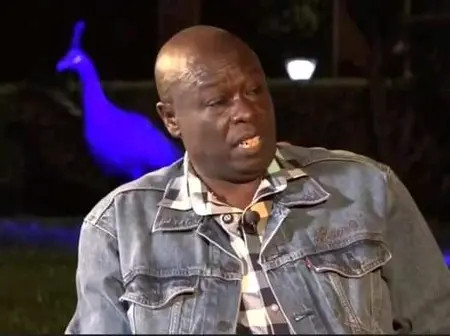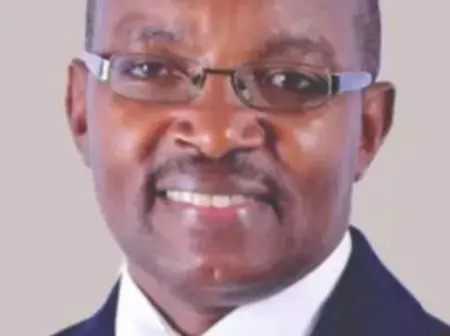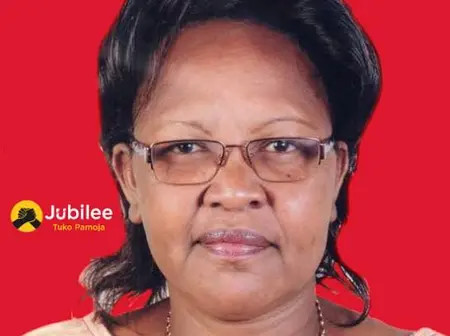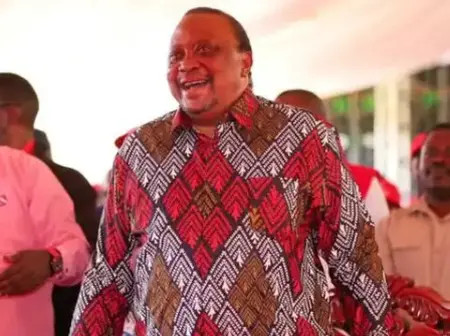
Deputy President Rigathi Gachagua has responded to growing criticism that he constantly talks about President William Ruto. Speaking during a recent interview, Gachagua insisted that he has no option but to address issues surrounding the Head of State.
Some Kenyans and political observers have accused the Deputy President of overemphasizing his differences with President Ruto, claiming it has become the central theme in nearly all his public addresses. Critics argue the approach risks overshadowing other pressing national concerns.
When challenged about his repetitive focus, Gachagua strongly defended himself. He explained that just like in church sermons where Christians continually condemn the devil every Sunday, he must consistently highlight the challenges caused by Ruto’s leadership.
“I have no choice because he is our problem,” Gachagua remarked boldly. He added that ignoring the matter would be equivalent to pretending the country has no issues, something he was unwilling to do as Deputy President.
The DP illustrated his point with a personal testimony of faith. He narrated how, since his childhood, church services have repeatedly addressed the devil’s influence, yet congregants never complain that pastors talk about it too often.
Gachagua said he started going to church at the age of six and has maintained the habit consistently for over five decades. At 60 years old, he emphasized that the devil is still condemned every Sunday without fail.
“Unless you are telling me to stop attacking the devil because we’ve attacked him enough times,” Gachagua told the interviewer, drawing a sharp comparison between Ruto and the biblical enemy of faith.
His remarks have sparked mixed reactions among Kenyans. Supporters of the DP praised him for boldly speaking out, while critics argued that likening the President to the devil was an extreme and potentially divisive analogy.
The exchange highlights the deepening rift between Gachagua and Ruto, once seen as close allies during the 2022 campaign season. As the political temperature rises, their public confrontations continue to dominate Kenya’s political discourse and capture national attention.




